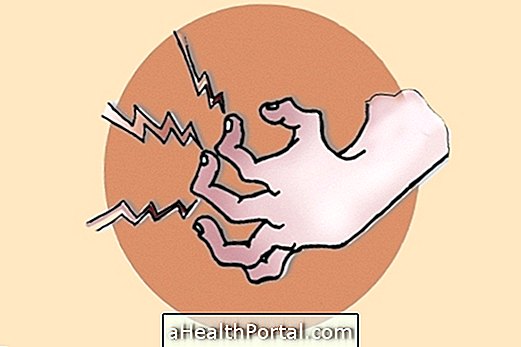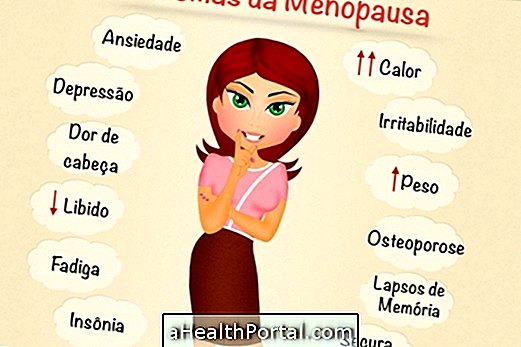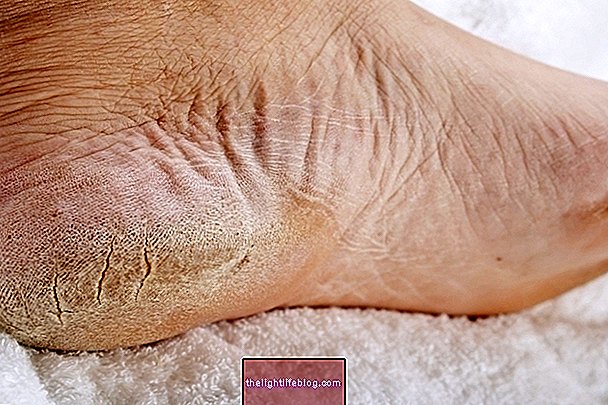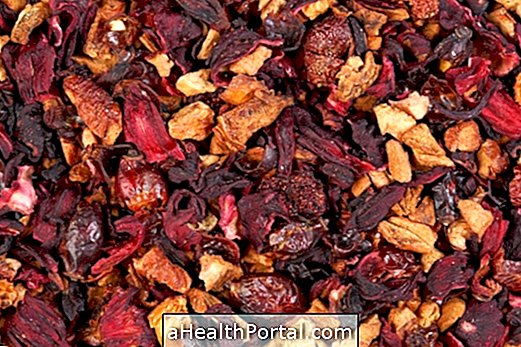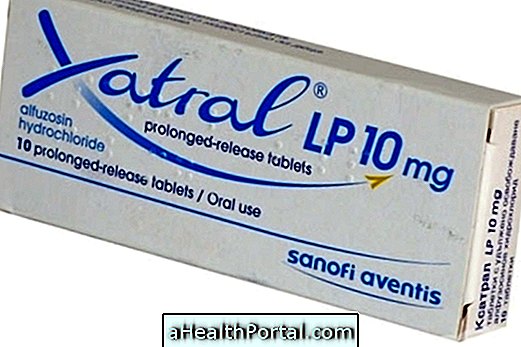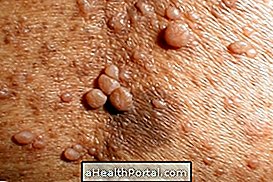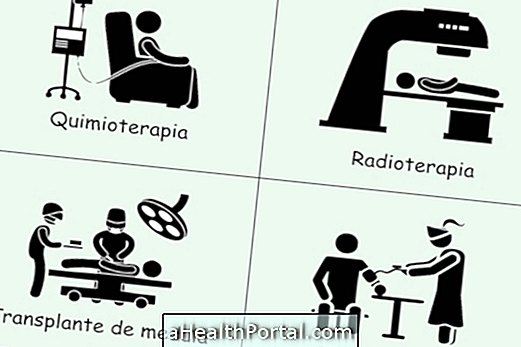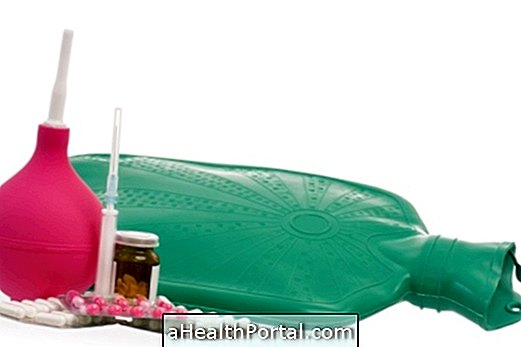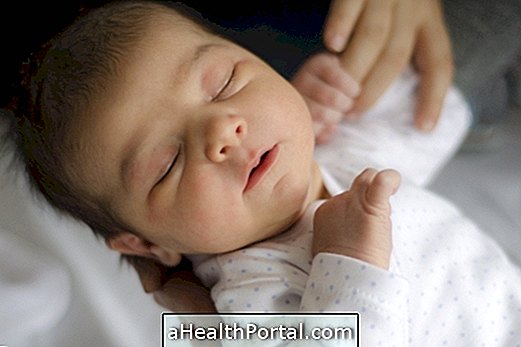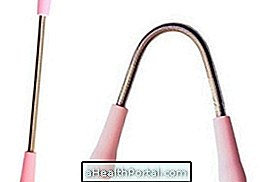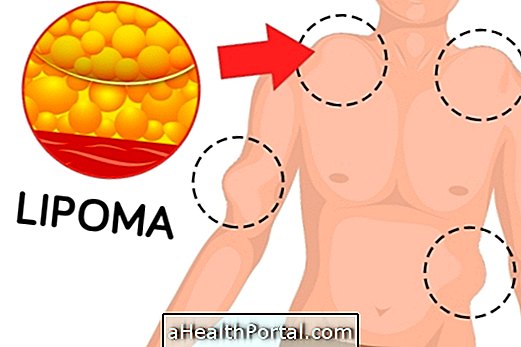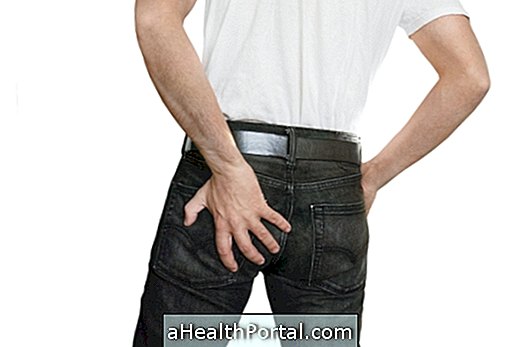Cramp, or cramp, is a rapid, painful contraction of a muscle that can affect any part of the body, but usually appears in the feet, hands, or legs, especially in the calf and the back of the thigh.
Cramps are usually not severe and last for less than 10 minutes, especially arising after strenuous exercise due to lack of water in the muscle. However, they can also happen during pregnancy or due to health problems like lack of minerals, diabetes, liver disease or myopathy, for example.
Thus, when cramp appears more than once a day or takes more than 10 minutes to pass, it is recommended to consult the general practitioner to identify the cause of the cramp and initiate appropriate treatment.
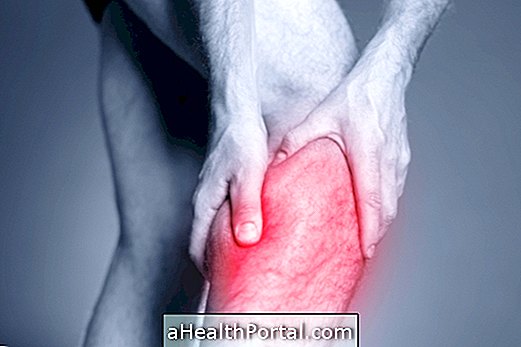
When it can be serious
In most cases, cramp is not a serious problem, however, there are cases where it may indicate lack of minerals in the body or other problems. Some signs that may indicate that you need to see your doctor include:
- Very intense pain that does not improve after 10 minutes;
- The onset of swelling and redness at the site of the cramp;
- Development of muscle weakness after cramp;
- Cramps that appear many times in a few days.
In addition, if the cramp is not related to any cause such as dehydration or intense physical exercise, it is also advised to consult a general practitioner to assess if there is a lack of any important mineral, such as magnesium or potassium, in the body.
What Causes Cramps in Pregnancy
Cramping in pregnancy is normal and very common, especially during the first semester of pregnancy, due to the increase in size and weight of the uterus that cause the abdomen muscles to twitch, causing cramps in the belly.
To relieve cramp during pregnancy you should change your position and place a bag of hot water on your belly in order to relax your muscles and relieve discomfort.
Learn more about this type of cramp in: Cramps in pregnancy.
How to relieve cramp
The treatment for cramp is usually done with the stretching of the affected muscle and massage in place as there is no specific treatment.
In addition, to prevent cramp from appearing again, it is important to:
- Eat foods rich in potassium, magnesium and calcium, such as banana or coconut water;
- Drink about 2 liters of water a day, especially during physical activities.
- Avoid physical exercise after meals;
- Do stretching before and after exercise;
- Do stretches before bed, in case of night cramp.
If muscle cramps are caused by health problems such as diabetes, liver disease, or lack of minerals, your doctor may also recommend treatment with nutritional supplements, especially sodium and potassium, or specific medicines for each problem.
See other foods recommended for cramps.

